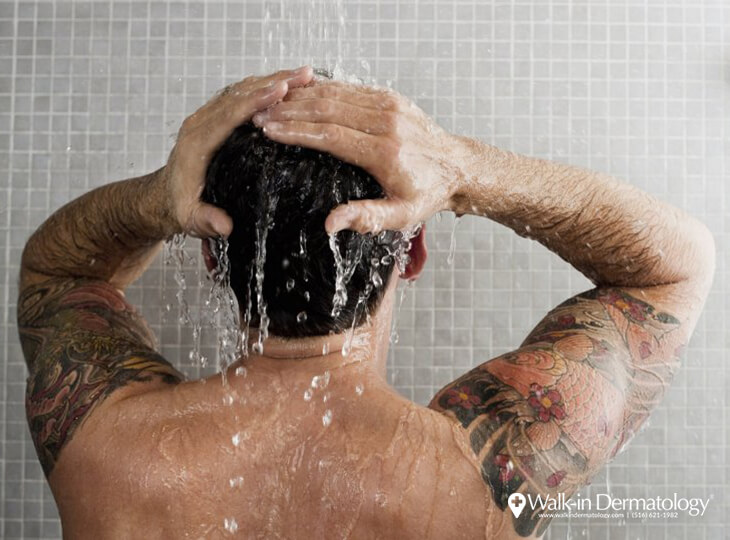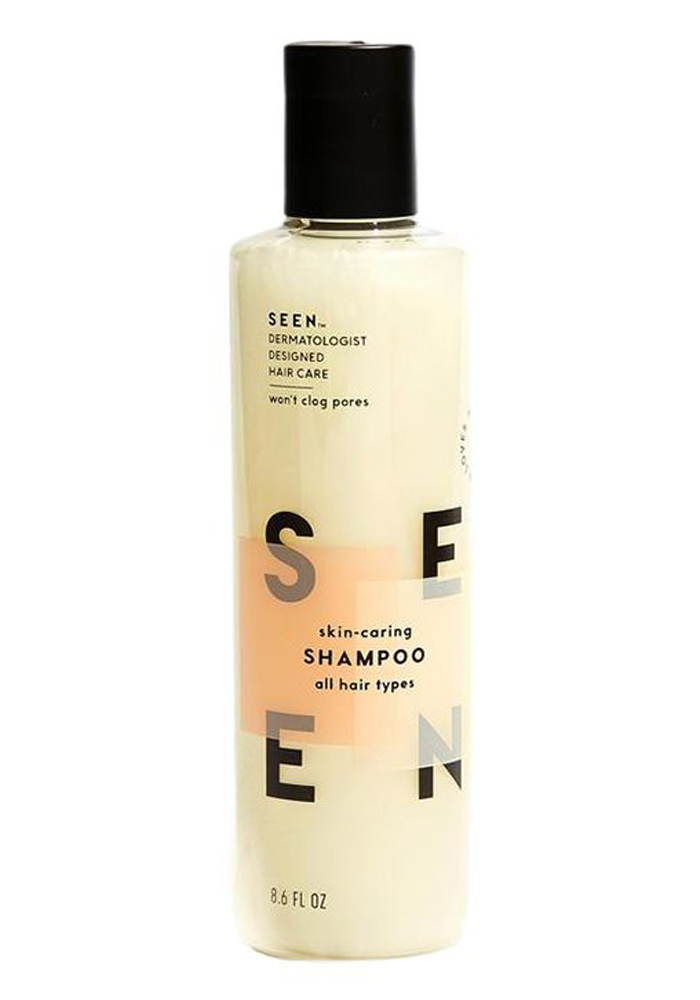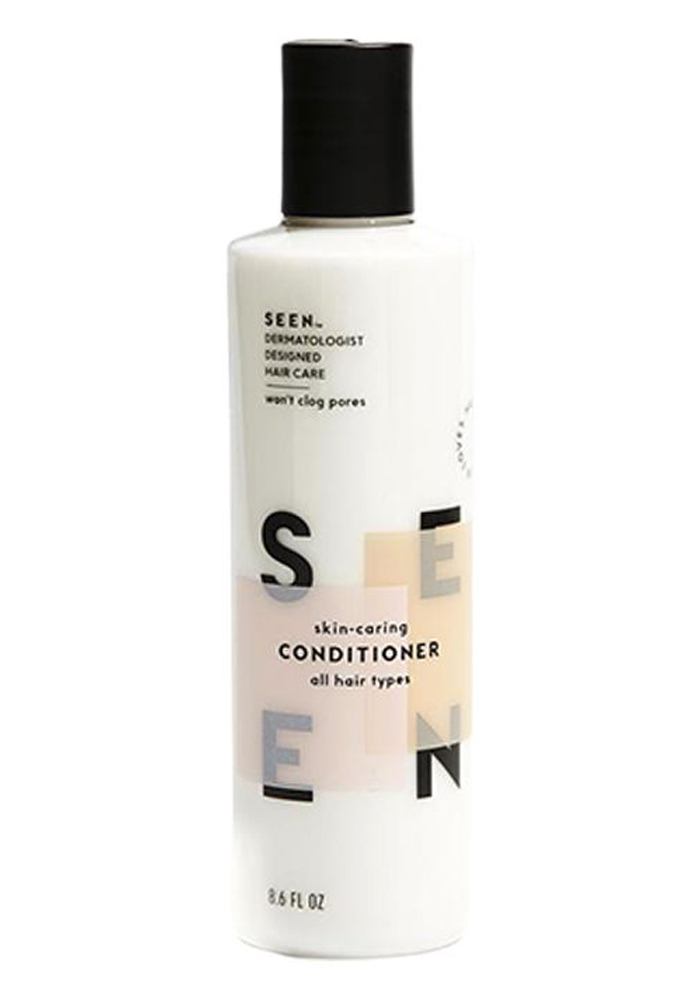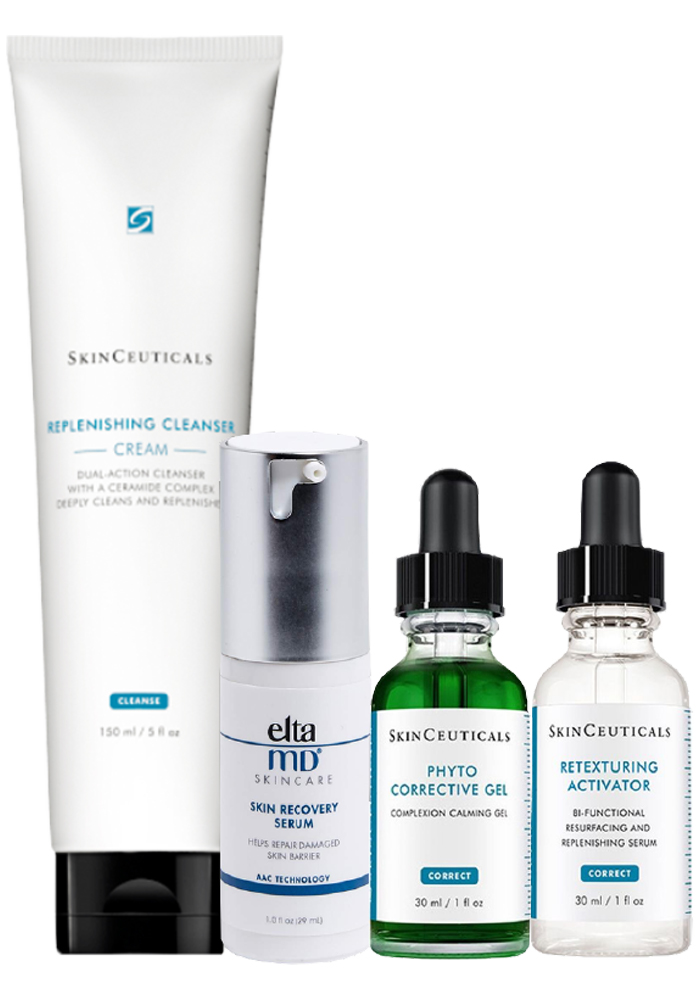Tues: 8:30am - 3:00pm
Wed: 12:00pm - 6:00pm
Thurs: 8:30am - 3:00pm
Fri: Closed
Sat: 8:30am - 12:30pm
Sun: Closed
Greenvale, NY 11548
Showering in Summer and Winter


You may not be interested in showering less often, but the changing seasons and showers can affect your skin.
Throughout the United States, summers are typically hot and humid while winters are cold and dry.
Cold winter air and indoor heating create an environment that often leads to dry skin. In the summer, when it’s hot, you may feel the need to shower more frequently, especially if you do a lot of work outdoors, like gardening, for instance, that can leave you sweaty and grimy.
Whether summer or winter, bathing too often removes natural oils and good microorganisms that protect your skin, which can then become dry, irritated or itchy.
Daily showering is the norm in the United States. In some countries, it’s more like twice a week and even less (or not at all) in undeveloped nations. Dermatologists say that showering a few times weekly is plenty to maintain good skin health. Still, we’ve become conditioned to shower more often.
Social factors play a big role in how often we bathe. Nobody wants to be the focus of personal hygiene complaints at the office. In addition to concerns about body odor, the top reasons for a daily shower also include feeling fresh after waking up and getting clean after working out at the gym before heading to the office. With some occupations, a daily shower is probably essential to maintain good hygiene. This could be anything from construction work to gardening, working in a health care setting or teaching physical fitness courses.
Point being, people accustomed to showering every day may not be likely to change their habits. But you can modify how you shower to protect your skin.
Try these showering and skincare tips:
- Limit showers to no more than 10 minutes.
- Close the bathroom door to trap steam and increase the humidity, which helps your skin.
- Dial back the hot water and get rid of harsh soaps. Use gentle cleansers instead.
- Use less cleanser while bathing.
- Pat your skin dry with a towel (no vigorous rubbing).
- Apply moisturizing cream soon after showering to trap moisture in your skin.
People typically use more soap or shower gel than they actually need. This only benefits the companies that make the soap and shower gel because you’re buying the products more often.
During the pandemic, with more people working from home, taking a daily shower may be more a matter of personal choice than necessity. If you participate in a lot of video conference calls for work, just brushing your hair and applying some makeup is probably enough to get you through the day, socially speaking. You can always take a shower tomorrow. No one will be the wiser. That way, you’re getting work done and taking better care of your skin.
Can you shower too much?
Showering too often will dry out your skin just as surely as sitting in the sun or getting hit with an icy blast of winter wind. Your skin also harbors good bacteria that helps prevent infections. Frequent showering removes these microorganisms, which can lead to health problems over time. The irony of bathing too often is that by removing protective microorganisms from dry skin you are actually opening yourself up to a greater risk of a skin infection.
So how much showering is enough? The answer really depends on your skin type. People with oily or combination skin may wish to shower more often than those with naturally dry or sensitive skin. Learn how to identify your skin type.
If your skin is red after showering, your water is too hot. If your skin feels tight, it’s a sign that your skin is too dry. With slight adjustments you can improve your skin health (and lower your hot water bills too).
Improve your Skin Health and Save the Earth
Showering also has a major environmental impact. The chemicals in cleaning products as well as wastewater place added demands on treatment facilities. Some of the ingredients in cleansers can seep into groundwater. Empty plastic shampoo bottles add to the recycling load – or end up in landfills.
To look at it another way, if you skip showering just one day a week you’ll be helping your skin. Over the course of a year you’ll also save more than a month and a half of water that would otherwise be going down the drain. Add to that, your shampoo and cleaning products will last almost 15 percent longer.
Let Walk-in Dermatology Take Care of Your Skin
If you’re concerned about any skin condition, there’s no need to wait, worry or wonder. Walk-in Dermatology can help. Our team of board-certified dermatologists and experienced medical staff will address your concerns and provide the necessary treatment for all your skin conditions. You can also schedule an appointment with us. Best of all, you won’t have to wait.
If you can’t make it to one of our offices, we can set up a Video Visit and even prescribe medications remotely. Contact us today.











